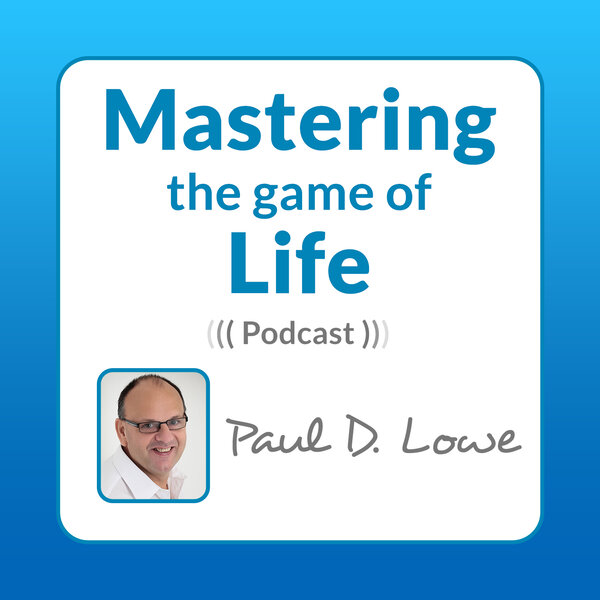Volatility is the new status quo.
Eight philanthropy experts were invited by Submittable, a submission management platform, to share their insights on grantmaking trends to expect in 2021. I am honored to be one of them. Below I’ve re-posted the trends I foresee. Be sure to read the full blog post to learn what Edgar Villanueva, Jennifer Laszlo Mizrahi, Aaron Dorfman, Yolanda Coentro, Sam Caplan, Jen Bokoff and Adam Liebling suggest you do (or avoid) this year!
This whole notion of getting back to where we were doesn’t exist. Disruption and volatility are the status quo.
According to Putnam-Walkerly, the events of 2020 increased the speed of giving, while improving the ease of giving (and applying for) grants.
“So many funders have held onto tight practices and policies and expectations for so long—nothing like a major crisis to make you realize how silly some of them are.”
Putnam-Walkerly cites many examples of groups getting money out the door with amazing speed and dramatically reduced oversight, including Moses Taylor Foundation, Robert Sterling Clark Foundation, and the Greater Cleveland Covid-19 Response Fund. She further commends the move in 2020 toward offering more core operating support.
“There is new recognition around trusting the nonprofit leader to know what’s going on and what’s needed and allowing them to make real time adjustments.”
She also points to new awareness and focus on racial justice and racial equity, noting that more abundant resources are available to support this, built on groundwork laid by groups like Policy Link with a long-standing focus on these issues.
“There’s so many more resources today compared to five years ago to help philanthropy address racial justice and racial equity issues. And after 2020, there’s a lot more readiness and awareness and understanding among funders.”
In 2021, Putnam-Walkerly urges grantmakers to avoid the strong pull towards “getting back to normal.”
The crisis has made it abundantly apparent that we can’t afford to spend a year on strategic planning because by the time you’ve created your plan, the world will have changed.
“You know, there is no ‘new normal’ because there really never was a normal. So this whole notion of getting back to where we were doesn’t exist. Disruption and volatility are the status quo.”
According to Putnam-Walkerly, strategy has emerged in 2021 as being especially important as a grantmaking trend for three reasons.
“First, I think any organization going into the crisis that had clarity on its strategy and its priorities fared better because they had a framework in which to make decisions and adjustments. Secondly, no strategy that existed before this crisis could possibly remain intact—pull out that strategic plan and see what still makes sense and what needs to be added, abandoned, and tweaked.”
“Lastly, the crisis has made it abundantly apparent that we can’t afford to spend a year on strategic planning because by the time you’ve created your plan, the world will have changed. Rapid strategy development, with the assumption that you’ll have to course correct along the way, is the best approach,” she says.
This article was reposted from the blog Innovative Giving: Grantmaking Trends & Insight from 8 Experts.
If you need help implementing any of these ideas, let’s talk!
You can email me, call me at +1.800.598.2102, or schedule a call.
Navigate the unknown with confidence!
This free download will help you create a powerful giving plan in radically uncertain times.
So many funders I talk to lately are feeling overwhelmed (and exhausted) because conditions keep changing and it’s hard to plan for an unknown future. But while the future is uncertain, we don’t have to be. You can’t afford to “wait and see.” With these practical how-tos, you can pivot with purpose!
Listen to my latest podcast: The Game’s Changing: How Will You Master It?
In this recent interview, Paul Lowe and I discuss how those in positions of influence must first change their perspectives in order to make a greater impact. I also discuss my book, Delusional Altruism: Why Have Philanthropists Failed To Achieve Change, And What They Can Do To Transform Giving.









